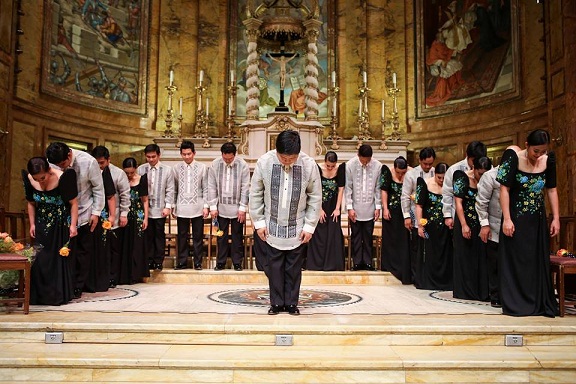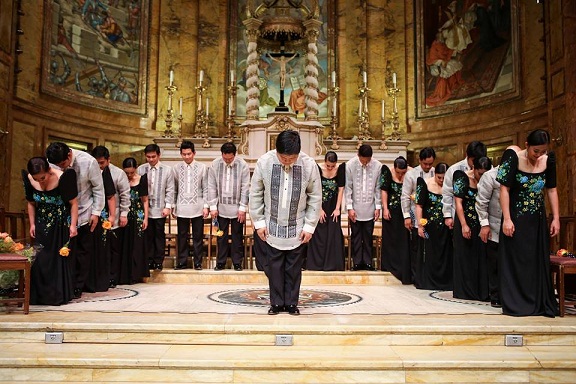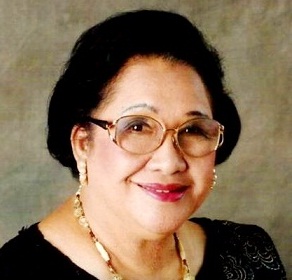By PABLO A. TARIMAN
THE Philippine Madrigal Singers will observe its 50th anniversary June 23 with a Sunday mass at the U.P. College of Music.
Attending are hundreds of former choir members who witnessed the winning years of one of the country’s finest choral ensembles.
The year the Madrigals was born in 1963, two former choir members made history.
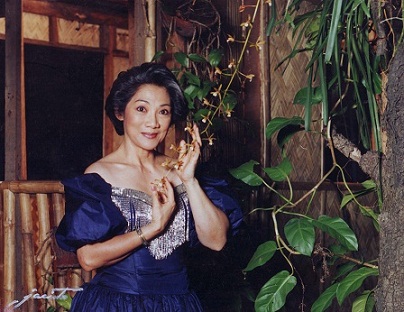 Tenor Noel Velasco became the first and last prize-winner of the Luciano Pavarotti International Voice Competition while soprano Evelyn Mandac became the first Filipina to sing at the Metropolitan Opera in New York.
Tenor Noel Velasco became the first and last prize-winner of the Luciano Pavarotti International Voice Competition while soprano Evelyn Mandac became the first Filipina to sing at the Metropolitan Opera in New York.
In the 1989 batch is baritone and choir conductor Jonathan Velasco who recalled the glorious days of the Madrigals. “I remember the years I was singing with this group because of the high quality of singing, and the confluence of some of the country’s best singers. In 1989, the Madrigals romped off with ten first prizes in five European choral competitions.”
Also a former member of the Madz is baritone Jonathan Zaens, a prizewinner of the 7th Sylvia Geszty International Voice Competition and a finalist at the Bach International Competition and the Mendelssohn Voice Competition.” After finishing his studies in Voice/Music Theater at the University of the Arts in Berlin, he was heard at the Prague State Opera singing the Mozart roles of Leporello and Guglielmo on top of guest appearances in the Berliner Chamber Opera and other opera houses in Germany.”
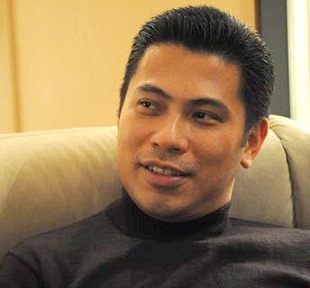 Zaens also appeared in an important segment of a contemporary opera by Karlheinz Stockhausen at the Cologne Opera making him one of the world’s most versatile interpreters of contemporary music in the German opera scene. He also appeared in the opera, “Sonntag Aus Licht” by the same composer considered by opera critics as as one of the most important composers of the 20th and early 21st centuries and as “one of the great visionaries of 20th-century music.”
Zaens also appeared in an important segment of a contemporary opera by Karlheinz Stockhausen at the Cologne Opera making him one of the world’s most versatile interpreters of contemporary music in the German opera scene. He also appeared in the opera, “Sonntag Aus Licht” by the same composer considered by opera critics as as one of the most important composers of the 20th and early 21st centuries and as “one of the great visionaries of 20th-century music.”
The Madz will have anniversary concerts at the UP Abelardo Hall on June 27-28.
The hall, named after the country’s foremost composer, NicanorAbelardo, is also turning 50.
By coincidence, the choir and the composer (and the venue after whom it was named) share glorious history tied up with the history of music in the Philippines.
The choir was founded by National Artist for Music Andrea O. Veneracion in 1963, the same year the UP Abelardo Hall first opened its door to the public.
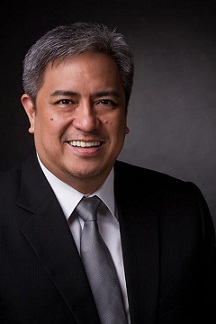 The Philippine Madrigal Singers first earned critical acclaim during their performance in the First Choruses of the World Festival at the Lincoln Center in New York in 1969.
The Philippine Madrigal Singers first earned critical acclaim during their performance in the First Choruses of the World Festival at the Lincoln Center in New York in 1969.
In June 1997, the Philippine Madrigal Singers came home from their ninth world concert tour, winning the grand prize in the European Choral Grand Prix in Choral Singing in Tours, France, besting the five other grand prize winners of the most prestigious choral competition in Europe: Guido D’Arezzo, Italy; Debrecen, Hungary; Varna, Bulgaria; Gorizia, Italy; and Tolosa, Spain. The Madz displayed a virtuoso performance so moving one juror had to describe the group’s music as the “most beautiful sound on earth”.
On August 26, 2007, the Philippine Madrigal Singers won the Grand Prize in the European Grand Prix in Choral Singing in Arezzo, Italy, making them the first choir in the competition’s history to win it twice and the only Asian choir to do so.
The Philippine Madrigal Singers was founded in 1963 by National Artist for Music Andrea O. Veneracion, who led the choir in winning various choral competitions from all over the world. Veneracion passed on her choirmaster’s task to Madz member Carpio, who led the choir in winning the latest choral Olympics.
“I never had the ambition of becoming the choirmaster of a group I have admired for a long time,” said Carpio who took over in 2001. “But I trusted Prof. Veneracion’s decision. She had been praying intensely for this when the Madz won the 1997.”
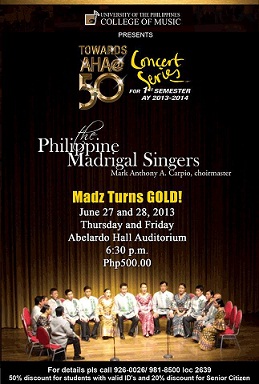 Carpio was overwhelmed when the Madz made history by winning twice, under his leadership.
Carpio was overwhelmed when the Madz made history by winning twice, under his leadership.
“Nothing is more enjoyable than to see our hard work pay off. Feeling good about ourselves inspires us to even work harder. As Prof. Veneracion always said in the past, competitions are not the end; they are just means for us to see how well we are on track,” Carpio said.
According to Carpio, there is no such thing as an ideal sound in any choral competition. The sound that the choir always tries to maintain is a free and relaxed sound but at the same time versatile and flexible.
“I believe there is no ideal or perfect sound for a choir. I have made this conclusion after listening to so many choirs from different countries of different cultures and ages. Each one sounds good but different from each other. There are qualities that are common to choirs. They are homogenous and the different voice parts are well-balanced. This is what conductors find very challenging,” Carpio added.
